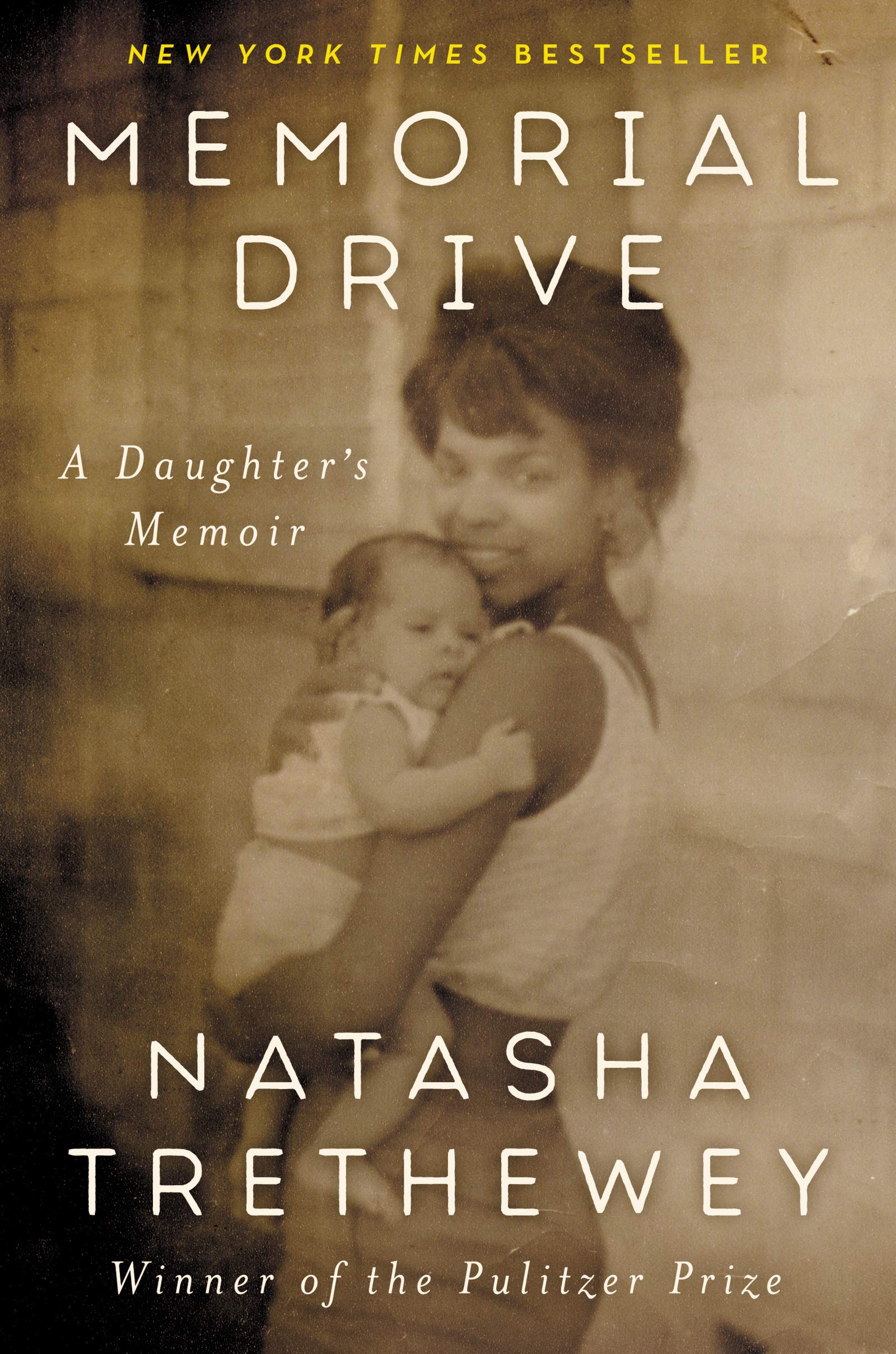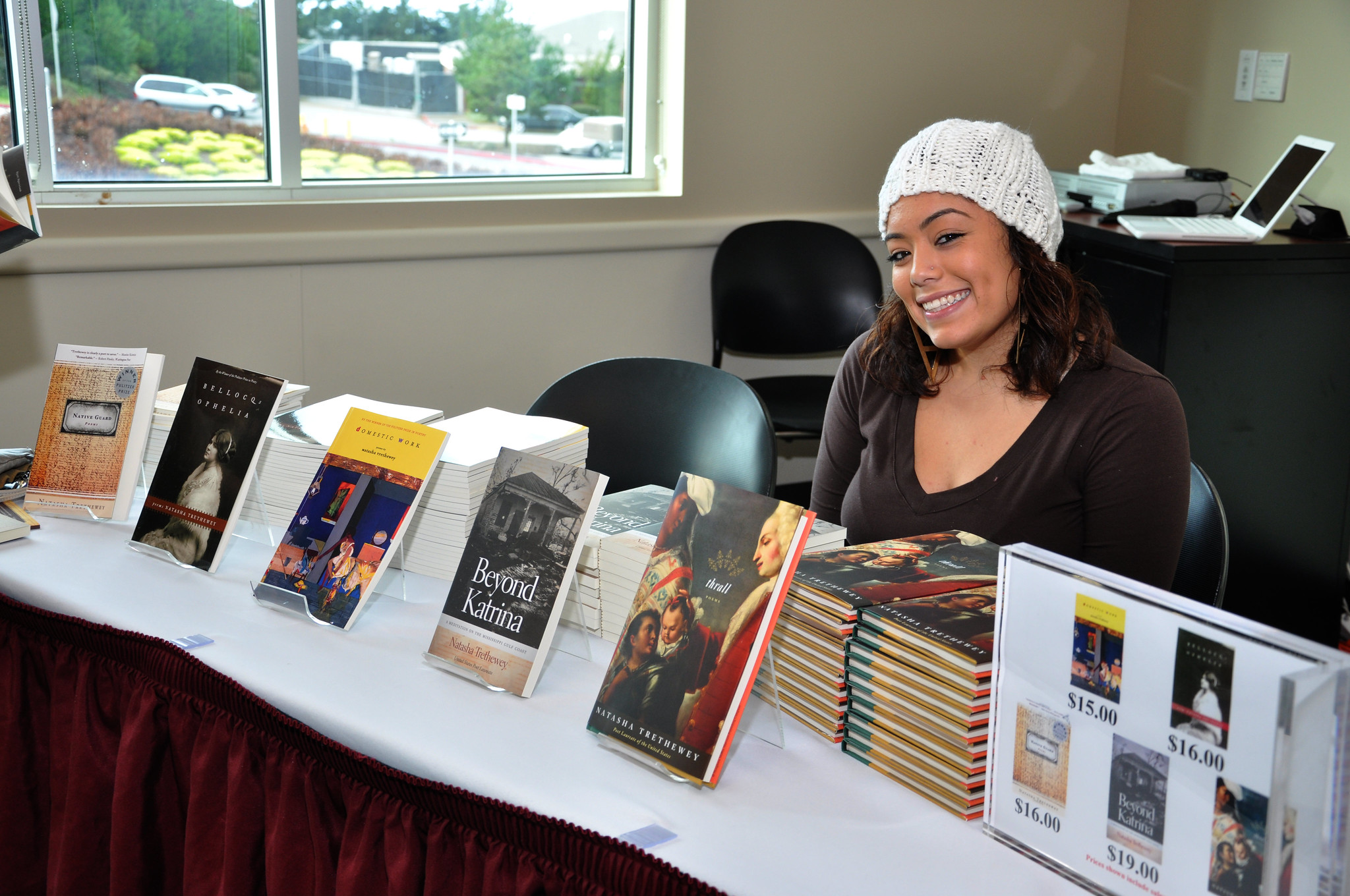By Katelyn Thornton

“To survive trauma, one must be able to tell a story about it.” – Natasha Trethewey
Natasha Trethewey’s “Memorial Drive: A Daughter’s Memoir” details the trauma and grief experienced after losing her mother at just 19. In the memoir, Trethewey gives her account of her mother’s murder by her ruthless stepfather. She takes us from the time she was born on the Mississippi Gulf Coast, to her new beginning in Atlanta, where, after years of abuse and torment, her mother’s life would be suddenly taken.
Trethewey details important instances in her life from which memories of her mother stand out vividly, from a long drive from Mississippi to Atlanta to the first time she found her mother beaten and bruised in the bedroom. The story confronts the issues of domestic abuse, civil rights and many others through intense detailing that leaves you reaching for more.
Trethewey’s distinct way of describing each memory is captivating. Each vivid detail brings you into her world, and you feel like you are there on June 5, 1985, when she walks into her mother’s apartment for the first time after her murder. Trethewey’s style of writing is simple and straightforward. She tells the story as it is, giving a play-by-play of her experience with each unique memory she provides.
“Memorial Drive” is written for those who are veterans of some of the same suffering Trethewey herself faced. This memoir is not your typical telling of someone’s murder. The author gives a first-hand look at the instances building up to her mother’s murder. Unlike a straightforward telling of a story, we understand the guilt Trethewey felt after the murder, and we see the process of her trying to forget and push past the thought of the brutal ending to her mother’s life.
I highly recommend this book to those who are interested in crime, specifically domestic abuse. The author not only details her mother’s own experience with abuse, but also tells the story of how she was able to end her marriage. This story confronts relevant issues that occur every day, locally and globally.

Domestic abuse and civil rights both have prevalent places in our national conversation, and the author does each issue justice in describing the pain and suffering experienced by those who live it every day. As someone who has not experienced either issue, it was insightful to read about someone who has lived it. For those who have lived it, the story is yet another of thousands.
As someone who has not lived a similar life as Trethewey’s, I found the work insightful and riveting. I feel that anyone could enjoy this story, as the telling of it was captivating.